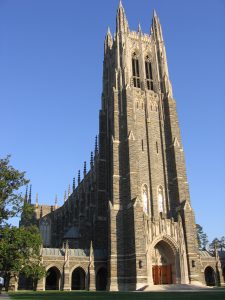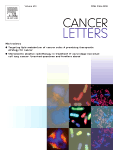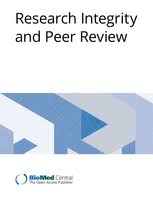 Are there a limited number of ways to describe the the background and methods of an experiment? Once something has been written well, and vetted by editors, is it a waste of time to rewrite it ? And if text has been reused, how should that be indicated — if at all?
Are there a limited number of ways to describe the the background and methods of an experiment? Once something has been written well, and vetted by editors, is it a waste of time to rewrite it ? And if text has been reused, how should that be indicated — if at all?
These are questions we’ve asked before — and are revisiting after reviewing a pair of commentaries published earlier this year in Research Integrity and Peer Review. We’ve certainly seen our fair share of retractions due to duplication (so many we can’t cover them all) — but in one commentary, Cary Moskovitz — the Director of Writing in the Disciplines at the Thompson Writing Program at Duke University — argues that some text recycling — aka, “self-plagiarism” or duplication — is sometimes unavoidable, and, in some situations, even preferable. He told us:
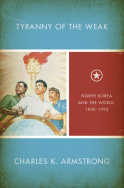 A historian based at Columbia University has returned a 2014 prize after criticisms prompted him to issue more than 70 corrections to his prominent book about North Korea.
A historian based at Columbia University has returned a 2014 prize after criticisms prompted him to issue more than 70 corrections to his prominent book about North Korea.
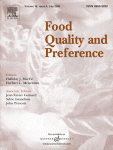 A Cornell food researcher who has pledged to re-analyze his papers following heavy criticism of his work has issued a major correction to a 2005 paper.
A Cornell food researcher who has pledged to re-analyze his papers following heavy criticism of his work has issued a major correction to a 2005 paper.
 In 2013, Frank Sauer blamed “visual distortion” for problems with the images in his papers and grant applications. That explanation gave way to the production in 2016 of a mysterious and ominous letter from an unnamed researcher claiming that they’d sabotaged Sauer’s work in a plot of revenge. Soon after, Sauer was claiming that a mysterious cabal was plotting to undermine the output of German researchers.
In 2013, Frank Sauer blamed “visual distortion” for problems with the images in his papers and grant applications. That explanation gave way to the production in 2016 of a mysterious and ominous letter from an unnamed researcher claiming that they’d sabotaged Sauer’s work in a plot of revenge. Soon after, Sauer was claiming that a mysterious cabal was plotting to undermine the output of German researchers. 